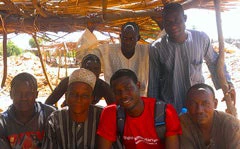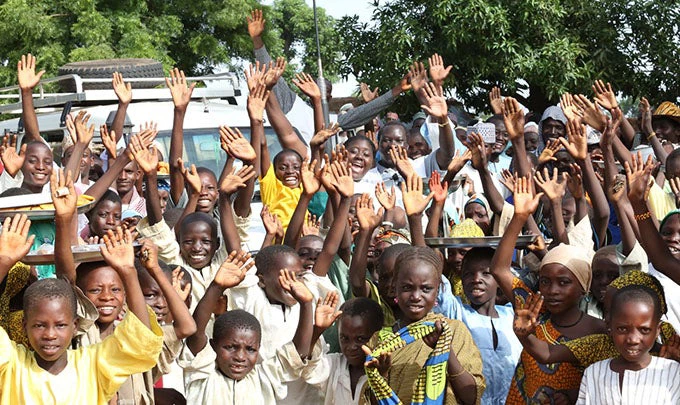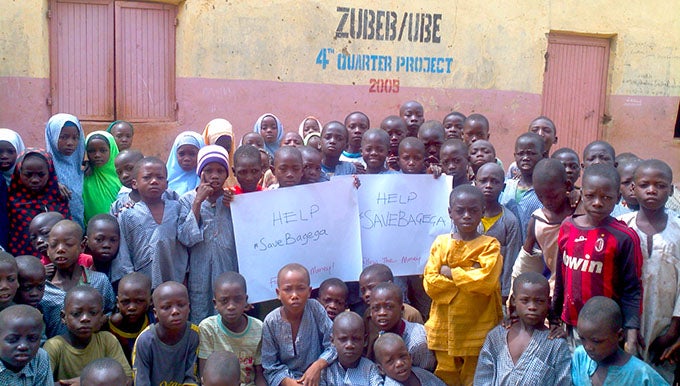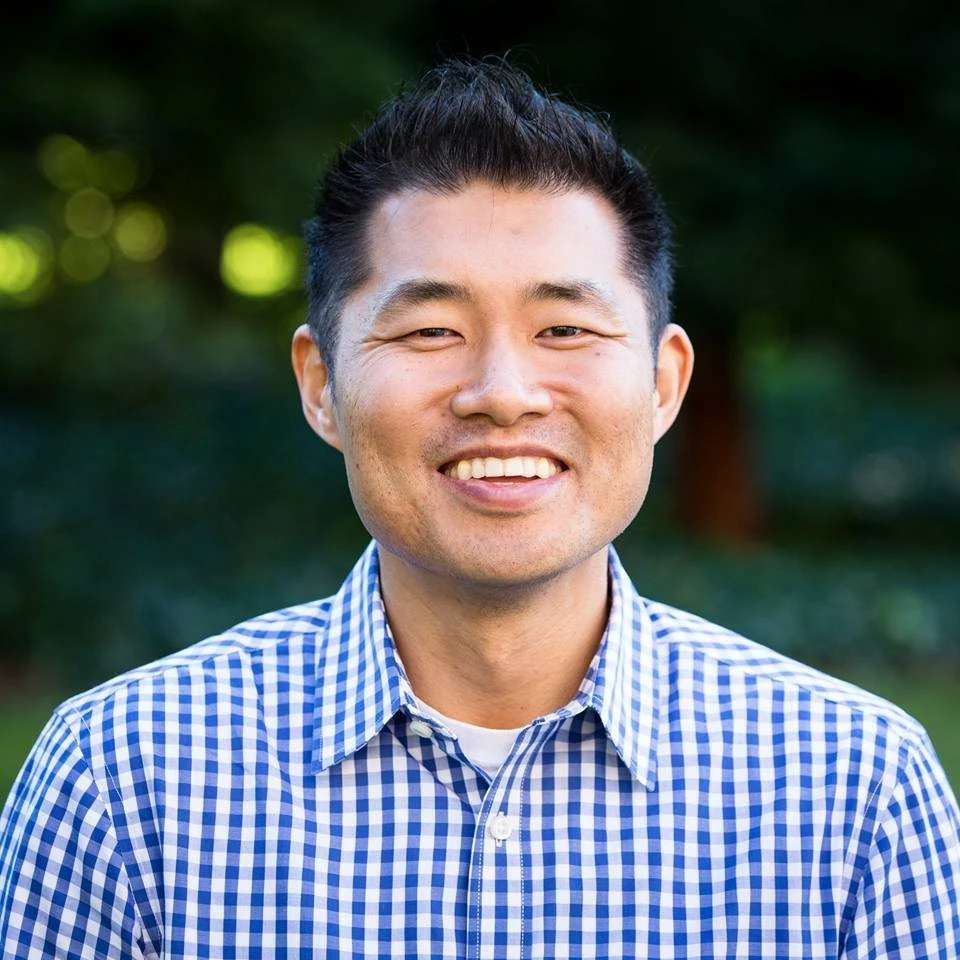
Follow the Money activists collect, publish, and visualize data, then connect findings to national and global social media networks in order to bring government attention to crises on the ground that require resources or immediate action. Once visualized, the data become a resource for citizens in affected communities to track government expenditures against actual outcomes.
The team has tackled issues like lead poisoning, flood relief, and most recently, education. They also host partners with other organizations, like Indigo Trust U.K. to offer regular data literacy events for other non-profits, journalists, government officials, legal professionals, and open data activists.
Follow the Money Nigeria: the story behind its creation
The team behind Follow the Money was formed as a response to what has been reported to be the worst incidence of lead poisoning in modern history, in Bagega, Zamfara. The team witnessed how children in the community were suffering from specific symptoms, and, in some cases, had died from lead poisoning.
The team first documented the needs of the community members themselves – interviews, photos, videos, and surveys that were recorded via mobile devices. The team then used this information to identify and plan how the government could intervene.

Channeling resources to Begega swiftly and effectively
Data visualizations helped policy makers quickly understand the circumstances and allowed for swift decision-making. Additionally, the team developed a social media campaign using the hashtag #SaveBagega, which brought this crisis scenario front and center to government officials who were able to channel resources to Bagega.
It’s also important to point out that government officials had to work with a number of unknowns and uncertainties – Were these funds allocated to the lead poisoning crisis in Bagega? How could this be proven? The social accountability measures that the team put in place helped to address and resolve these uncertainties.
Another area to address is the ability to access budget and expenditure data at the sub-national level, which is required to track and monitor local implementation of projects funded by federal or international agencies.
Through these efforts, the campaign generated high-profile international attention to the number of children affected by the crisis and developed recommendations for resource allocations. As a result, the Nigerian government disbursed US$5.4 million and took steps towards lead remediation.
Leveraging traditional and social media outreach
Follow the Money then worked with communities and government stakeholders to track the delivery of services, and thus closed the loop on the accountability process. In addition to proactive government engagement and action, the campaign featured the following traditional and social media outreach:
- 1,500 Tweets sent
- 600,000 people reached in 24 hours by social media
- 1.2 million people reached in 48 hours by traditional media
Follow the Money uses Ushahidi, a data management system, to collect, store, and transform the data collected (including via SMS) into tabular, structured data formats. They are currently exploring the best way to make this data available in an open format.
These data visualizations and findings will be translated into local languages, and additional surveys and communications activities will take place with offline communities via SMS. You can explore the education data Follow the Money has collected via spreadsheets that were used to create their first and second mapping efforts.

Other ongoing campaigns advancing social change
#RelocateGutsura is another campaign in which the team is using online and offline data to make the case that the local government of Zamfara should relocate the 3,000 citizens living in the flood-prone community of Gutsura, Zamfara.
Another ongoing campaign is #EducationInCrisis, where federal and aid organization funds allocated for education are being tracked from budget through expenditure using the Education Budget tracker and SMS integration. Data is being collected on the ground, and Follow the Money is in the process of organizing meetings with CSOs, media (investigative journalists), and community stakeholders with government officials, to identify education plans in line with actual needs, as outlined in the #EducationinCrisis data report.
For example, one finding is that some communities have inadequate infrastructure, but surprisingly an over-enrollment of students. Another area of concern: children from the poorest wealth quintile are most likely to be out of school, and parents say that cost is a major reason for their children’s dropping out. While education is free in Nigeria, parents do pay fees, which disproportionately burden the poor.
More about Follow the Money Nigeria
To learn more about Follow the Money Nigeria and their initiatives, visit http://www.followthemoneyng.org/ and reach out to Oludotun Babayemi and Hamzat Lawal on Twitter @4lowthemoney.
-----------------------------------------------------------
World Bank Group Finances is the online access point for IBRD, IDA, and IFC open financial data. The website features datasets that cover loans, contracts, trust funds, investments, and financial statements. A related mobile app, which allows you to “talk” to us more easily about operational and financial data in nine languages, is available for download for Android and iOS smartphone and tablet users at the Google Store and the iTunes Store, respectively. Follow us on Twitter to join and remain engaged in the conversation about the Bank’s open financial data.
The World Bank Group and Inter-American Development Bank are conducting a study on open data and collecting examples of use. You can submit your use here: https://bit.ly/OpenDataOps.
Join us on Fridays, at 10:30 AM EST for Google Hangouts discussing specific uses of open data and the interesting people behind them. See what we've covered so far and have coming up next on our Open Data Use Hangouts Calendar.



Join the Conversation